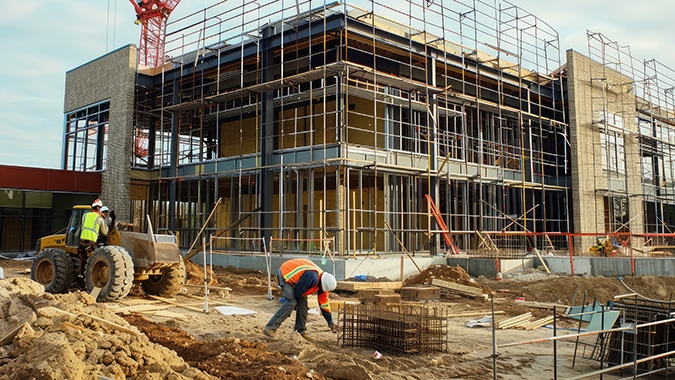Effective Aug. 15, contractors performing public work for schools and local governments are required to report certified payroll records via the online NJ Wage Hub portal as part of the state’s efforts to ensure compliance with prevailing wage laws.
Both public works contractors and contracting public bodies are urged to create their online accounts at the NJ Wage Hub well in advance of this date, the Department of Labor and Workforce Development said this week.
The DOL said that summer is typically a busy time for school districts that are hiring contractors to do construction work at their facilities and the state wants to ensure that both school boards and public contractors are following the rules.
Public bodies should be aware of their responsibilities when working with contractors or subcontractors, including:
- Ensuring all contracts for public work contain language advising of the Prevailing Wage Act and the Public Works Contractor Registration Act.
- Confirming the appropriate prevailing wage determination(s) are contained within the contract between the public body and the general contractor.
- Affirming weekly certified payrolls are submitted for all work performed subject to the NJPWA.
- Consulting the NJDOL website before awarding a contract to ensure the contractor and any named subcontractors completed their Public Works Contractor Registration with the NJDOL and are not on the list of ineligible bidders by virtue of debarment or outstanding judgments.
- Creating and maintaining a process for collecting certified payroll records accessible to the public and NJDOL for review.
- In cases when the lowest bid for a contract for public work is at least 10% lower than the next lowest bid, ensuring that, before the contract is awarded, the lowest bidder submits written certification the contractor will pay all workers the prevailing wage rate.
NJDOL has been actively working with leaders and members of more than a dozen municipal and school organizations to provide information through conferences, in-person meetings, and recorded webinars.
Further information can be found in the state’s Local Public Contracts Law and Regulation Reference Guide, updated as of April 2024.




